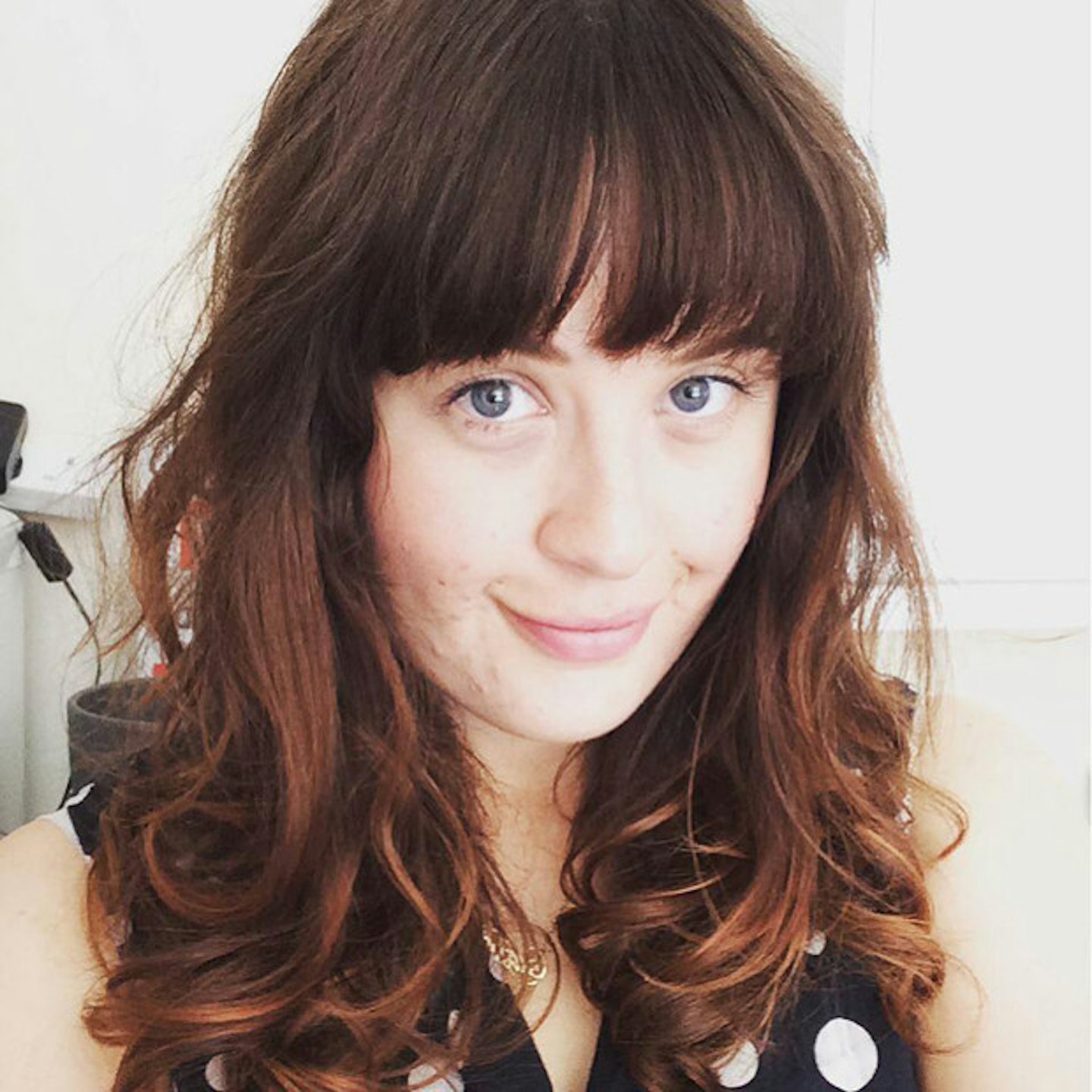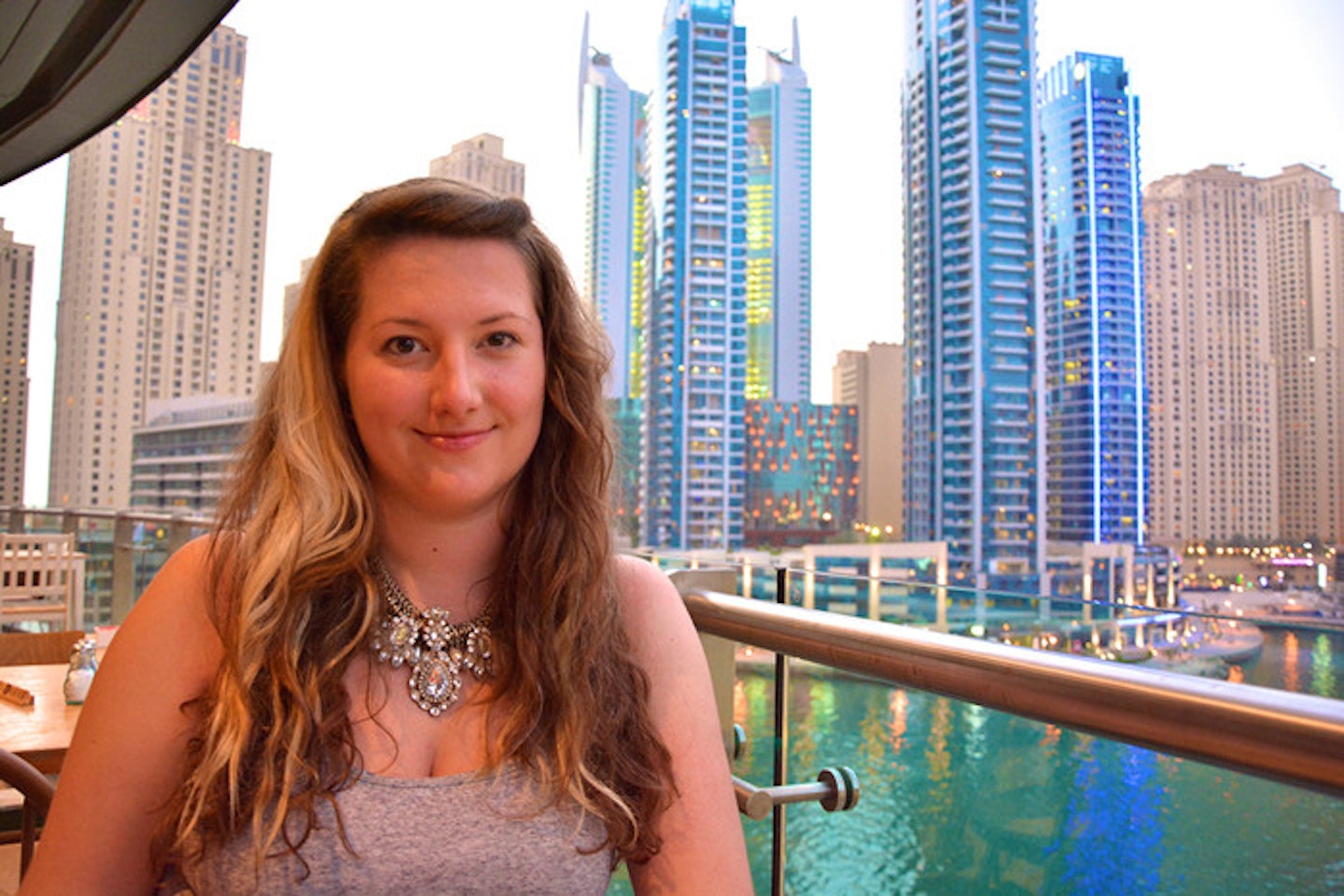Cramped flatshares with people who think it’s OK to pour liquids into bins, awkward dates, mean boyfriends, jobs that leave you feeling like an imposter, bosses who make you hang up their coat, mates who’ve basically gone full quarter-life crisis fleeing houseparties without saying goodbye – these are all part and parcel of being a girl in your mid-twenties. Every catch-up over cut-price drinks with mates is littered with these sorts of mishaps, universal conundrums and fuck-ups.
But, looming in the background to all of this is another thing we need to worry about: our fertility. For all the progress that’s been made in increasing humankind’s lifespans, nothing can change the fact women are born with a finite number of eggs and that these will, by about age 34, begin to diminish in quality.
So as well as crotchety right-wing newspapers suggesting we should go forth and multiply or consign ourselves to becoming barren harridans aged 34, the chairman of the British Fertility Association has suggested all women aged 25 and over should undergo regular fertility checks.
Professor Adam Balen told The Times that this will ‘put the family back into family planning’. The checks would involve blood test to show hormone levels and the amount of available eggs a woman has. She will also be advised to not drink or smoke so much and be given tips on how to stay at a healthy weight, ready for conception.
As well as the doctor’s surgery becoming an echo chamber of nagging, Professor Balen wants sex education to change. As well as teaching youngsters ‘safe sex’ as in, how to avoid STDs and unwanted pregnancies, he tells* The Debrief*: ‘It is also important to educate our youngsters that it is not always easy to conceive as soon as you want to and that the best time to think about starting a family is while a woman is in her twenties or early thirties.’
There are some huge benefits to these suggestions. At the moment, the only way a young woman can get a fertility check on the NHS is if there’s a ‘defined fertility problem – and how exactly are you meant to know about any fertility problems until you start trying to get pregnant? Making this test available for free could also save the NHS money in fertility treatments for women later down the line.
The Department of Health, with much to gain from the latter, released this statement: ‘We have a long-standing and positive relationship with the British Fertility Society and look forward to working closely with Professor Balen.’
But, realistically, let’s say these tests were made available right this second. And, just like a smear test, millions of women around the UKstarted going, every year or so, to the doctor for a fertility test. If the results say she should start trying now, or even in five or ten years, what is a young woman meant to do with these results?
The obstacles to motherhood are no longer confined to that cliched dilemma of career versus motherhood. Granted, while the gender pay gap only exists in this country after mothers return to work (despite being walking, talking proof of an ability to handle stressful situations with a huge responsibility and apply fantastic interpersonal skills with even the fussiest of clients), motherhood can be offputting.
But for more women than ever, financial, interpersonal and career difficulties can get in the way of even considering motherhood as an option.

Emily Bater, 25 – the same age as all of the women we spoke to for this piece – tells The Debrief that she would ‘definitely’ take a fertility test if it was available to her, so she could ‘plan accordingly’. That said, she finds it hard to believe a woman wouldn’t know that her fertility wanes in their mid-thirties. ‘We’re constantly being told that we need to be having kids in our early twenties, but then harangued for having kids before we can afford them.’
The pressure, Emily says, is so great – ‘it makes me not want to have kids at all’. And besides, even if she really, truly wanted one, ‘I don’t own my own home, I can barely keep myself in shoes and holidays and have hardly any savings. I’m still a child myself!’
Today’s young people have been affected by the financial crisis in a unique way. As well as women and young people being more likely than other sections of society to be earning less than the living wage, the housing crisis means 80% of 25-year-olds are renting. And almost half of the average renter’s income is spent on accommodation.
With children costing up to £222,000 for their first 21 years – which might be a generous concession to a child becoming financially independent before they themselves turn 30 – having kids seems like a rich woman’s game.

Kate Stewart, 25, doesn’t want kids yet, but admits that even if she did, she couldn’t. ‘I’d love my grandma to see me settle down and have children but it’s harder these days. London rents being what they are means I don’t even have a lounge or windows in my kitchen. I couldn’t even bring up a dog, let alone a child.’
The traditional milestones of adulthood are out of sight for so many young people. And that even goes for junior doctors.
Chloe Jackson, a doctor in the second year of her training programme, told The Debrief that while she’s financially ready to have a child, her work commitments mean that she can’t feasibly take a break for motherhood ‘until 2020’ when she turns 30. ‘We’re expected to keep up with men in every aspect of our lives and careers, despite this extra pressure of impending parenthood that they don’t have.’
And of course, there’s that matter of men, who sort of need to be involved some step of the way. Emily says, exasperated: ‘We don’t just have that autonomy; we can’t simply pop children out. Whenever the topic of having kids comes up, we’re always addressed as if we’re alone in the pursuit and men are just hangers on. But god forbid if we choose to be a single mum.’
As for Kate, another thing’s changed since her grandma’s day – ‘The dating game has completely changed, men see women as more disposable. They’re done with one, they can go back on an app and find someone else willing to sleep with them and give them attention. It just makes matters worse.’
When I ask Professor Balen about men’s role in parenthood, he concedes that there must be ‘a societal change also in order to support young couples to both establish careers, relationships and have children with adequate provision for childcare without the financial disadvantages that many young mothers face.’
But it doesn’t follow, then, that his only recommendation for sex and relationships education is to teach children about fertility. At present, the current system is flawed, as Natika Hill, chief executive of the Family Planning Association, told The Debrief. ‘Education about sexual and reproductive health can be pretty woeful, even more so when we consider the education many women who are now in their thirties had 15 to 20 years ago.’
Despite affecting youth sexuality, ‘consent’, ‘porn’ and ‘internet’, are not in the Sex and Relationships Education curriculum. And SRE lessons are neither compulsory for students to learn nor entire schools to teach. The impact on young people who have learned about all the above is untold, but it’s hardly ridiculous to estimate that a good sex education that refuses to shy away from actual childhood sexual interactions results in young adults better equipped to handle relationships.
Becky Mount, 26, thinks it’s up to schools and medical professionals to stop ‘the stigma around a conversation that is crippling girls’ from talking about their fertility. She also wants fertility tests to come earlier. ‘I went to the doctor aged 13, worried my periods were too heavy. I was put on the pill because the pain was that horrendous,’ she says.
After four different pills, an implant and the coil, Becky found herself in hospital for another health issue when a nurse ‘dragged up on my record my recurring problems and suggested I maybe had endometriosis.’
Affecting two million women across the UK, endometriosis is a condition in which the womb lining grows outside of the womb, attaching to other organs, causing excruciating pain and potential infertility. Now, as well as taking morphine on a daily basis, ‘all of a sudden, I’m having to think about my fertility’. Considerations include when she should have a hysterectomy and whether she should freeze her eggs.
Let’s acknowledge and stop stigmatising the fact that not having children is as valid a choice as having children
She thinks that if fertility tests were to be introduced, they shouldn’t have a lower age limit. ‘You go to a doctor when you’re worried and they brush it off. So you start to doubt yourself. As a young female you’re going through so much shit anyway, you shouldn’t have professionals fobbing you off because they think you’re being over-sensitive to pain. If there’s a 13-year-old worried about her periods being too heavy, or a 15-year-old losing so much blood she’s anaemic, she should have a right to the same services as someone aged 25.’
Nakita told us that, ‘Health professionals need to be receptive to women, and men, raising [the subject of] fertility at any age, and not dismissing concerns among younger people.’
Another important point they made was that while women should have access to evidence-based information so they can make decisions that are best for them, the burden of expectation can be all-consuming. ‘Let’s also acknowledge and stop stigmatising the fact that not having children is as valid a choice as having children, and not everyone wants to become a parent,’ said Laura*.
She continued: ‘I don’t like the assumption that everyone has to have children to be “complete”, and I don’t like others expecting me to do something huge with my body just because it’s the norm.
‘I’m lucky that my other half hasn’t ever pressured me, but I can only imagine the grief I’d get from my family in a few years if I don’t. But I have the final say – no one else should have a vote.’
*name has been changed
Like this? You might also be interested in:
Converted Garages And 50-Deep Queues. What It’s Really Like Looking For A Flat In London
Telling Women To Start Trying For Babies Before 30 Isn’t Remotely Empowering
Follow Sophie on Twitter @sophwilkinson
This article originally appeared on The Debrief.
